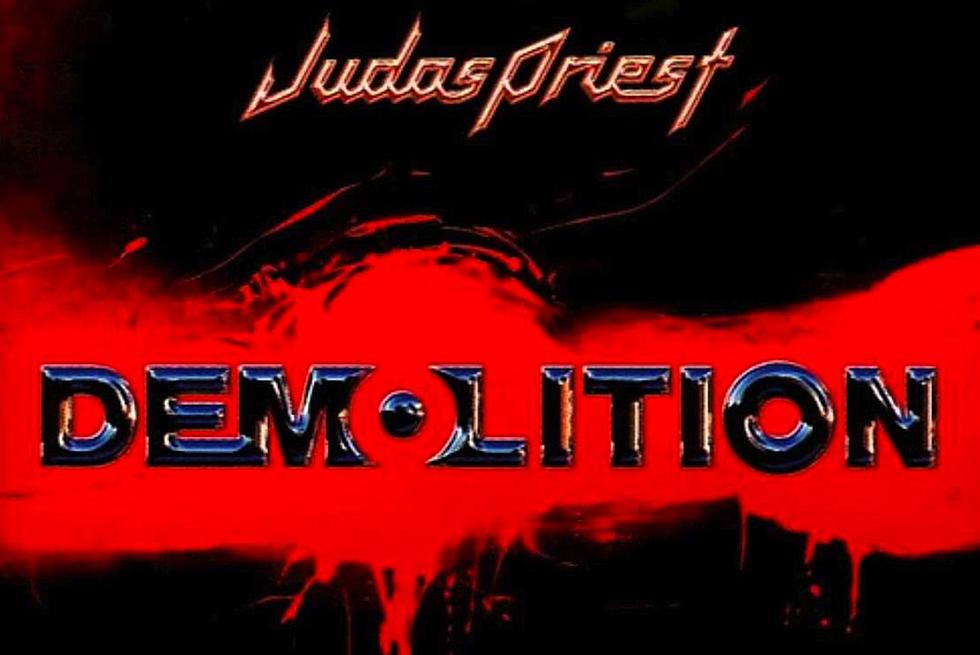
How Judas Priest Reached a Career Crossroads With ‘Demolition’
Judas Priest found themselves standing at a crossroads in July 2001. Their second album with American vocalist Tim "Ripper" Owens, who'd replaced Rob Halford five years prior, had just arrived in record stores. But most of the headlines were being snatched by the band's past exploits.
A few months earlier, Priest's previous label Sony embarked on an extensive catalog reissue campaign, which saw the band's remarkable heavy metal canon remastered and expanded with bonus tracks for the album. And Rock Star, a major motion picture inspired by former tribute band singer Ripper's rags-to-riches story starring Mark Wahlberg was set to premiere in September.
Meanwhile, Priest's former frontman was in the midst of a career rebirth after recommitting himself to heavy metal – a move that mirrored that of Iron Maiden singer Bruce Dickinson. What's more, Dickinson's return to Maiden had been such a resounding success, that many in the heavy metal community were already placing their bets on a similar Priest/Halford reconciliation in the very near future.
All of which gave Demolition the feeling of a stillborn album on arrival, even though the songs recorded by Ripper, guitarists Glenn Tipton and K.K. Downing, bassist Ian Hill and drummer Scott Travis pretty much gave Priest fans what they wanted: Legitimate, molten metal that pretty much covered every facet of the Judas Priest sound.
There were violent thrashers along the lines of 1997's Jugulator and 1990's Painkiller ("Machine Man"), doom-laden offerings reminiscent of their earliest days ("Hell is Home," "Cyberface"), evergreen anthemic hellraisers ("One on One," "Metal Messiah") and power ballads ("Close to You," "Lost and Found"), even the occasional detour (check out the industrial vibes of "Devil Digger" and "Subterfuge").
Unfortunately, most of their efforts fell on deaf ears, because Demolition never rose higher than a disappointing No. 165 on the Billboard chart, and parked itself in the 50s and 70s across Europe – except in Germany, where it hit No. 16. By accident or design, it seemed that the metal world would stand for nothing short of a reunion with Halford, no matter how likable and talented Ripper had proven himself.
That's precisely what happened once the Demolition tour (which had been briefly interrupted and postponed by 9/11) concluded in 2003. Ripper was thanked for his services and given a pink slip, and Rob Halford returned in glory for a spate of shows followed by the Judas Priest's 2006 comeback album, Angel of Retribution.
Top 50 Classic Heavy Metal Albums
Why Building Judas Priest's Setlists Can Be 'Frustrating'
More From Ultimate Classic Rock









